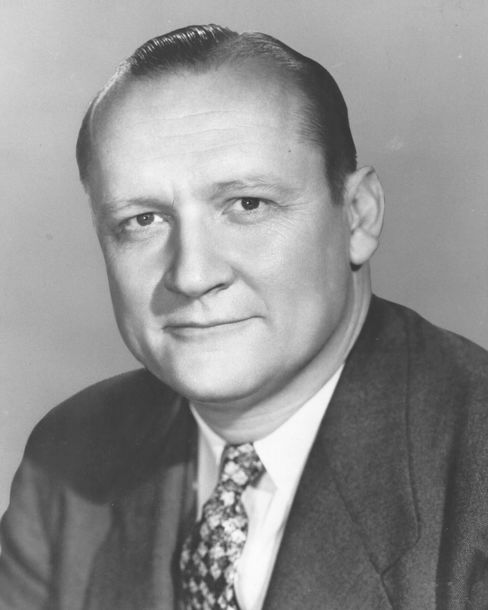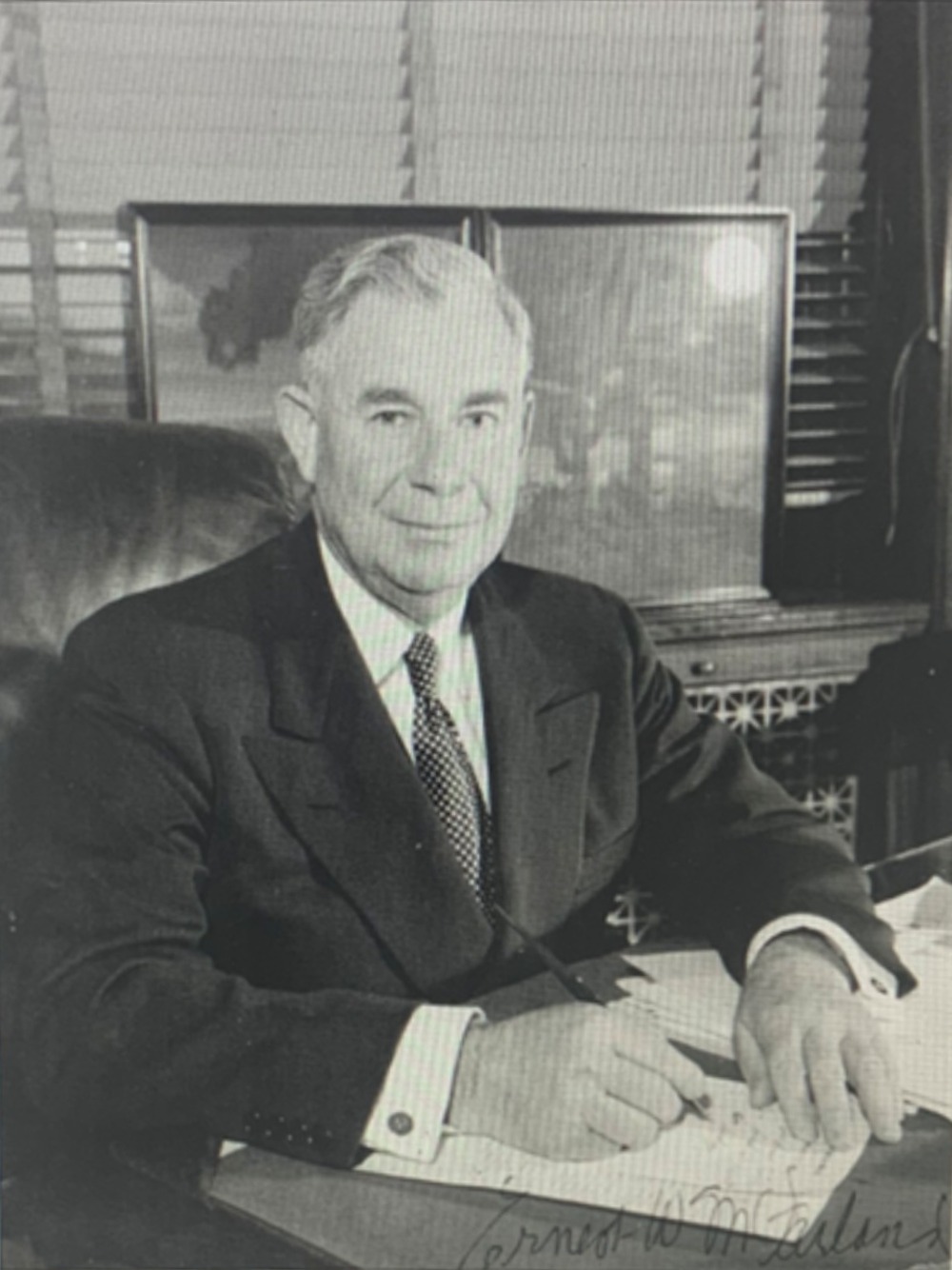|
U.S. Senate Election, 1958
The 1958 United States Senate elections were elections for the United States Senate which occurred in the middle of President Dwight D. Eisenhower's second term. As is common in mid-term elections, the party in the White House lost seats, but losses this year were heavy due to the Recession of 1958, the Eisenhower Administration's position on right-to-work issues that galvanized labor unions which supported Democrats, and the launch of Sputnik. This was the first time since 1934 that Democrats gained seats in this class of Senators. Democrats won both seats in West Virginia, making the last time that Democrats simultaneously flipped both of a state's Senate seats until Georgia's elections in 2020 and 2021. The Democratic Party gained a record 15 seats in this election, defeating 10 Republican incumbents, gaining three open Republican seats, and winning both seats from the new state of Alaska. This gave the Democrats a strong Senate majority of 64–34 over the Republic ... [...More Info...] [...Related Items...] OR: [Wikipedia] [Google] [Baidu] |
United States Senate
The United States Senate is the upper chamber of the United States Congress, with the House of Representatives being the lower chamber. Together they compose the national bicameral legislature of the United States. The composition and powers of the Senate are established by Article One of the United States Constitution. The Senate is composed of senators, each of whom represents a single state in its entirety. Each of the 50 states is equally represented by two senators who serve staggered terms of six years, for a total of 100 senators. The vice president of the United States serves as presiding officer and president of the Senate by virtue of that office, despite not being a senator, and has a vote only if the Senate is equally divided. In the vice president's absence, the president pro tempore, who is traditionally the senior member of the party holding a majority of seats, presides over the Senate. As the upper chamber of Congress, the Senate has several powers o ... [...More Info...] [...Related Items...] OR: [Wikipedia] [Google] [Baidu] |
1946 United States Senate Elections
The 1946 United States Senate elections were held November 5, 1946, in the middle of Democratic President Harry S. Truman's first term after Roosevelt’s passing. The Republicans took control of the Senate by picking up twelve seats, mostly from the Democrats. This was the first time since 1932 that the Republicans had held the Senate, recovering from a low of 16 seats following the 1936 Senate elections. The vote was largely seen as a referendum on Truman, whose approval rating had sunk to 32% over the president's controversial handling of a wave of post-war labor strikes, such as a nationwide railroad strike in May, at a time when Americans depended on train service for both commuter and long-distance travel. Just as damaging was Truman's back-and-forth over whether to end unpopular wartime price controls to handle shortages, particularly in foodstuffs. For example, price controls on beef had led to a "hamburger famine," but when Truman, in a surprise move, lifted the contro ... [...More Info...] [...Related Items...] OR: [Wikipedia] [Google] [Baidu] |
Ralph Flanders
Ralph Edward Flanders (September 28, 1880 – February 19, 1970) was an American mechanical engineer, industrialist and politician who served as a Republican U.S. Senator from the state of Vermont. He grew up on subsistence farms in Vermont and Rhode Island and was an apprentice machinist and draftsman before training as a mechanical engineer. He spent five years in New York City as an editor for a machine tool magazine. After moving back to Vermont, he managed and then became president of a successful machine tool company. Flanders used his experience as an industrialist to advise state and national commissions in Vermont, New England and Washington, D.C. on industrial and economic policy. He was president of the Boston Federal Reserve Bank for two years before being elected U.S. Senator from Vermont. Flanders was noted for introducing a 1954 motion in the Senate to censure Senator Joseph McCarthy. McCarthy had made sensational claims that there were large numbers of Communists a ... [...More Info...] [...Related Items...] OR: [Wikipedia] [Google] [Baidu] |



